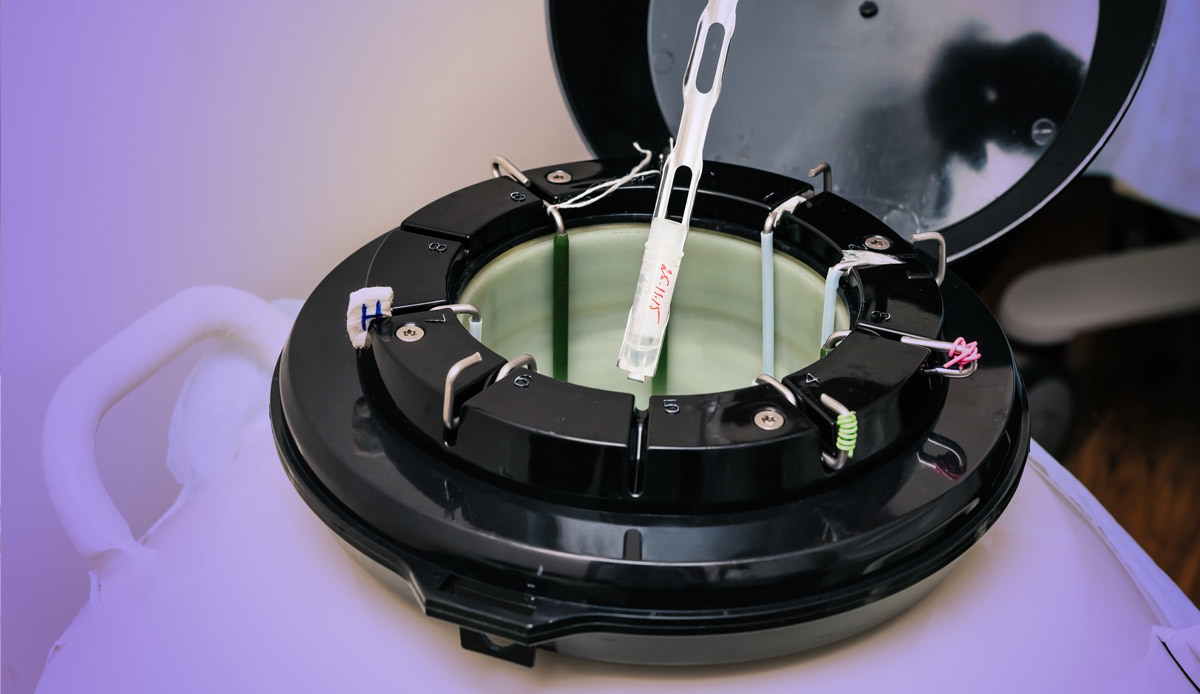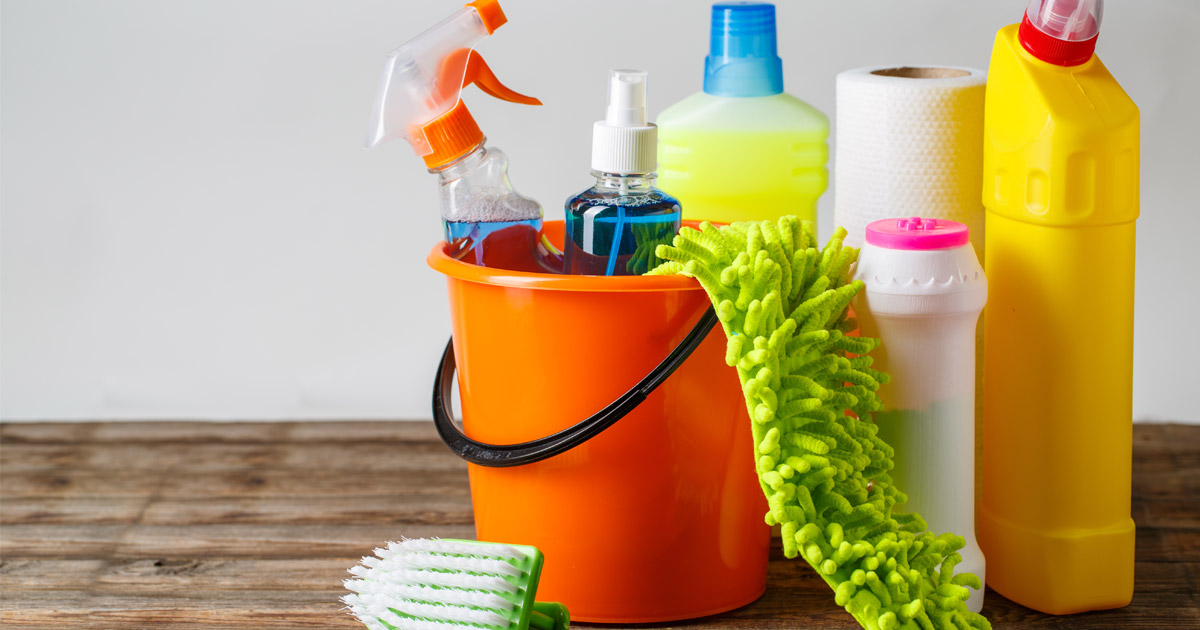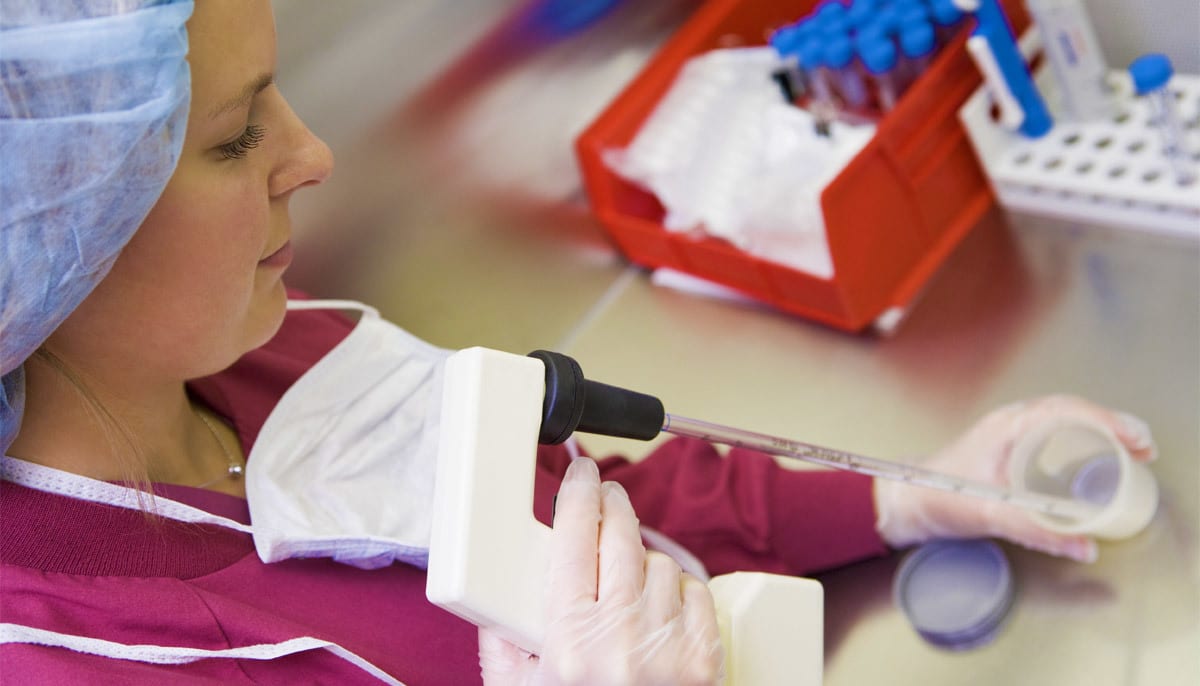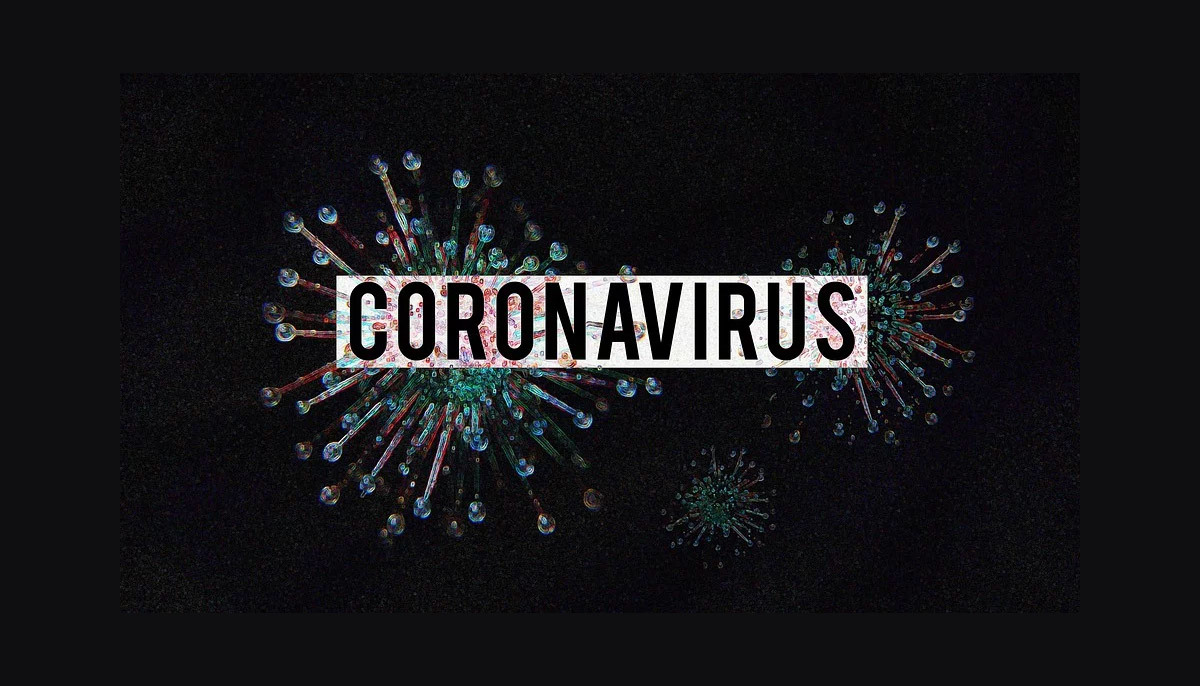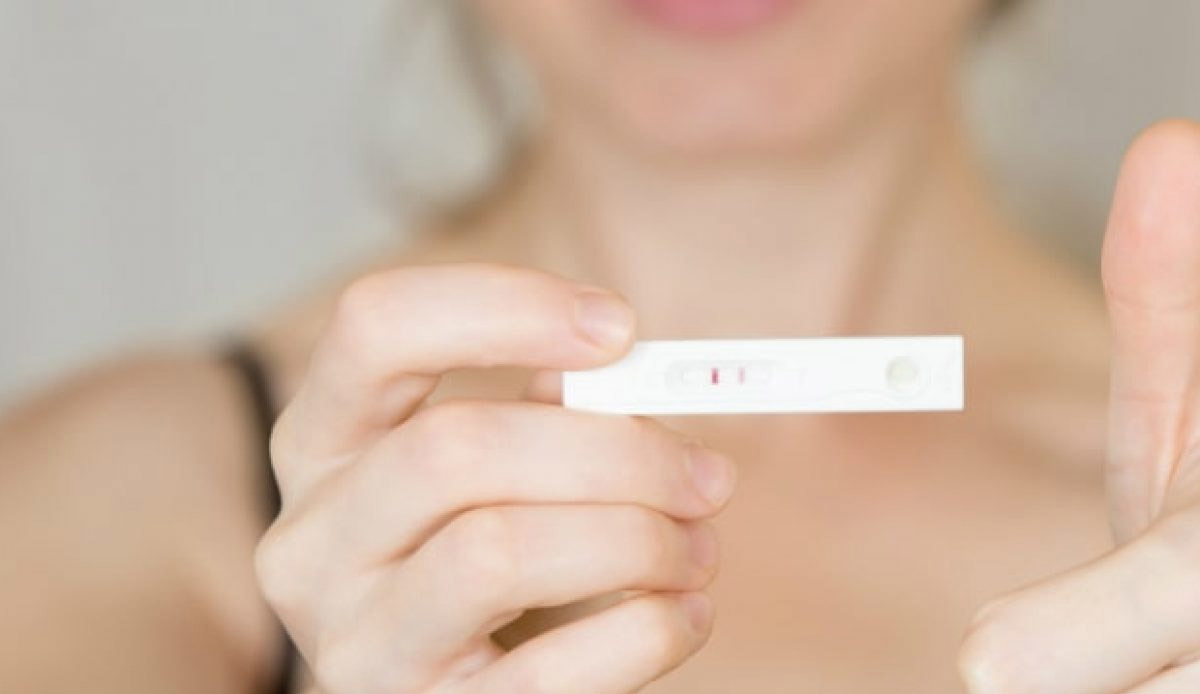Fertility Questions to Ask Your Gynecologist
Whether you are currently trying to conceive, or pregnancy is part of your long-term plan, there are many good reasons to talk about fertility with your gynecologist or health care provider. If this sparks some anxiety, you’re not alone. Many women are reluctant to talk about certain sensitive issues with a doctor. But having this … Read more


